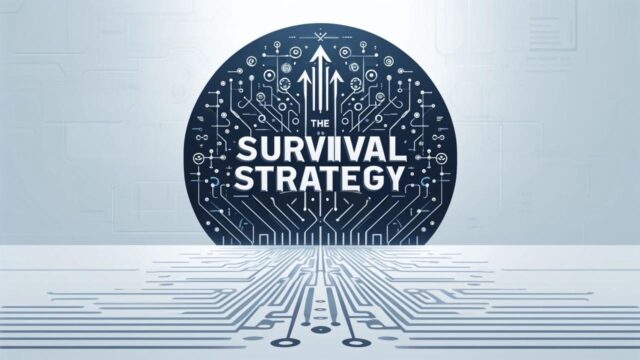
The role of social networks in knowledge sharing in healthcare
Originally posted on The Horizons Tracker.
Social networks, of both the internal and external variety, often seem to be a technology that is striving for a practical and useful application in our workplaces. Whilst there has long been a sense that they enable and support the kind of tacit, and indeed explicit, knowledge sharing that the modern organization craves, actually proving that it happens has often been rather trickier.
So a recent paper1, published by researchers from the University of Missouri, might offer a glimmer of hope for enterprise social vendors. The researchers wanted to explore how information gets shared on social networks, and they found that the creation of a specialized network could significantly improve how knowledge flows throughout an organization.
The paper explores the best way to create such a network, and uses social network analysis to explore how a combination of a knowledge management system and a social network could improve the organization and sharing of knowledge within an enterprise. They believe that their analysis of the workforce allows them to identify who they believe are early adopters of such technologies, before then identifying a route for those early adopters to share their knowledge with colleagues.
The researchers believe that their mapping and analysis of the workforce allowed them to identify the relationship between the star players in an organization, i.e. those with the most knowledge and influence, and the way knowledge links those people up. They found that if these people could be connected up via a knowledge sharing network of their own, it would significantly improve knowledge sharing throughout the organization. This core group would rapidly allow the organization to disseminate knowledge widely because each of the ‘stars’ had a large network of their own.
What’s more, the researchers also believe that there is better adoption of the knowledge management system if these star players get to form a core network within it. Putting effort into getting these core people on board therefore can pay off in spades later on, as they disseminate knowledge and practice throughout their own networks.
“While these recommendations apply specifically to this healthcare organization, these recommendations are applicable for improving knowledge sharing in any large organization regardless of industry,” the researchers say.
Suffice to say, their findings are largely based upon a theoretical exploration at this stage, although they hope to test out their hypothesis in an actual enterprise social network for the healthcare organization used in their study. That will very much provide the proof in the pudding.
Article source: The role of social networks in knowledge sharing in healthcare.
Header image source: Dreamstime.
Reference:
- Cudney, E. A., Corns, S. M., & Long, S. K. (2014). Improving knowledge sharing in healthcare through social network analysis. International Journal of Collaborative Enterprise, 4(1-2), 17-33. ↩






If you are interested in research into social capital, join the social capital research group at https://www.facebook.com/groups/socialcapitalresearch